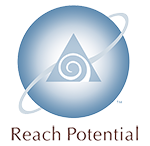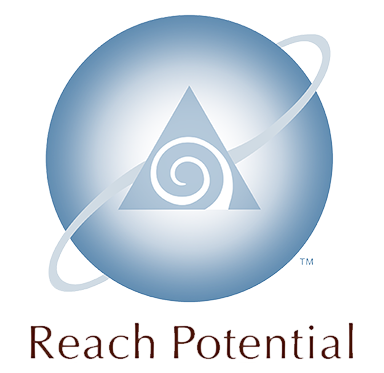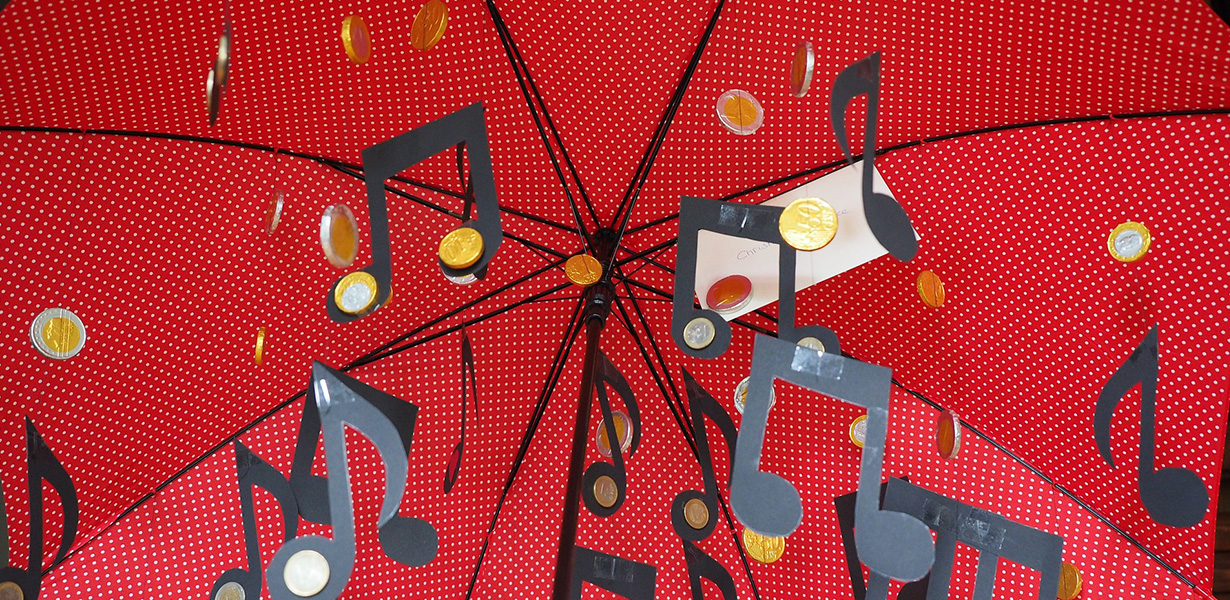Family members would point out that there was evidence to suggest that maybe, just maybe, the facts of the matter should dampen my enthusiasm for a particular course of action. But even though I am not especially stupid, I would rarely accept their perspective. I believed in heart over head. Or more accurately I believed wholly in the truth of my feelings and passions over objective assessment.
My family, in this case, represented those mentally orientated individuals who seek information outside themselves to make their way in the world. And if I had listened to them or the experience of others, I might have saved myself a lot of heartache. A great deal of success is built by standing on the logical shoulders of those who have gone before.
However, in times in which fake news floods cyberspace, reliance on what others tell us is true, even those we respect, is not necessarily wise. External information has become erratic and untrustworthy.
This means that more and more, we are having to turn to our inner selves for knowing what path to take. We have to learn to trust our whole self.
This can be scary unless a balance is struck between the acceptance of factual realities, your emotional preferences, and openness to intuitive insight. This is whole self trust.
Trust in the whole self begins with learning to accept that you have four parts of yourself that have something to say in every decision you make. The most obvious part start is the mental self that holds all that logical information necessary to come to a conclusion. However, your emotional self and physical body have their wisdom too. Do you truly want to go down that path? Is it physically and materially viable? And then there is the higher self who can see the bigger picture. It can help you to sense that something is a bit ‘off’ with a decision, even though there is nothing logical or emotional to suggest it is.
Once you have uncovered your whole self information, each has must be balanced through the consciousness of the heart – the heart that knows that this or that is completely right for you.
How does that work out in practice for me in the crazy world in which we currently exist?
Here’s how it goes: When I want to achieve something tangible such as buying a new car, I have a talk to my whole self. My emotional self is drawn to the style of a vehicle and to my experiences of enjoying a vehicle is the past. (Yes, I loved the Beetle, so I tend to be drawn small, nippy, quirky cars.) My mental self reminds me to check reviews of a possible choice and especially to ask about matters like sustainability, running costs, expected longevity before major repairs will be needed. And then of course my body has to check everything out with a test drive. At this point you may say that I should have enough input to trust my choice. Time to agree to purchasing X.
Not quite so fast! I haven’t checked with my higher self.
Therefore, I close my eyes, place my hand over my heart, look down into the space where my heart balance rests and ask myself: Is this car I think I should buy right for me? By listening to my higher self who speaks through heart balance, I hear or sense that I have indeed made a good choice - but that I could buy it at a much cheaper price. It might even tell me where to do that!
Learning to trust the self takes time. If you would like to develop it, I recommend you start by practising some key techniques to be found in our self-guided course Inner Peace All Day Every Day.
To your Future Self
With love …
Suzie St George







